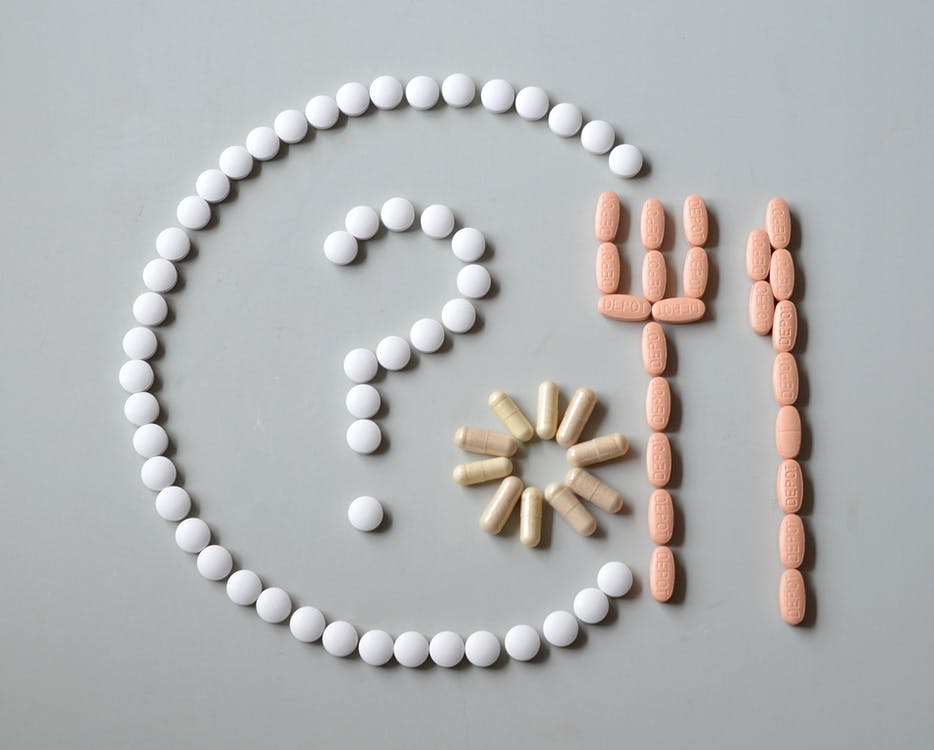Related Articles:
- 8 Dangers of Underground Steroids Labs: Why it is not safe to buy steroids or any fitness /…
- The Benefits of Using Clenbuterol (Especially in Women)
- Nitric Oxide Benefits
- 11 Benefits of Winsol over Winstrol Steroid
- 24 Niacin Benefits to Your Overall Health and Wellbeing
- What Can Anabolic Steroids Do: Benefits and Effects
- Omega 3 Fish Oil Benefits In Bodybuilding
- Fascinating ANADROL 50 Results and Benefits You can Expect!
- 8 Benefits of Stacking Dianabol Pills and Testosterone
- Primobolan: How It Works, Benefits, and Side Effects
- Deca Durabolin Injection: Benefits, Results, And Where To Buy
- Benefits of Equipoise, Side effects and Dosage
- Benefits Of Using Jintropin Human Growth Hormone
- Deca Durabolin Price, Benefits and Buying Guide
- Omnadren Benefits, Side effects, and Dosage in Bodybuilding
- Masteron Cycle, Dosage, Benefits and Side effects
- L-Glutamine: Benefits, Side Effects, Dosage, and Foods
- Winstrol Pills: The Different Brands, Benefits, Legal Alternatives
- Do Legal Steroids Exist? Safety, Risks, And Benefits
- Winstrol Reviews: Results, Benefits, and Side Effects





![Anavar Before And After: -8 Lbs Fat In 8 Weeks! [2025] Anavar Before and After](https://jbhnews.com/wp-content/uploads/2025/01/Ranking-the-Best-Natural-Appetite-Suppressants-of-2022-150x150.jpeg)


